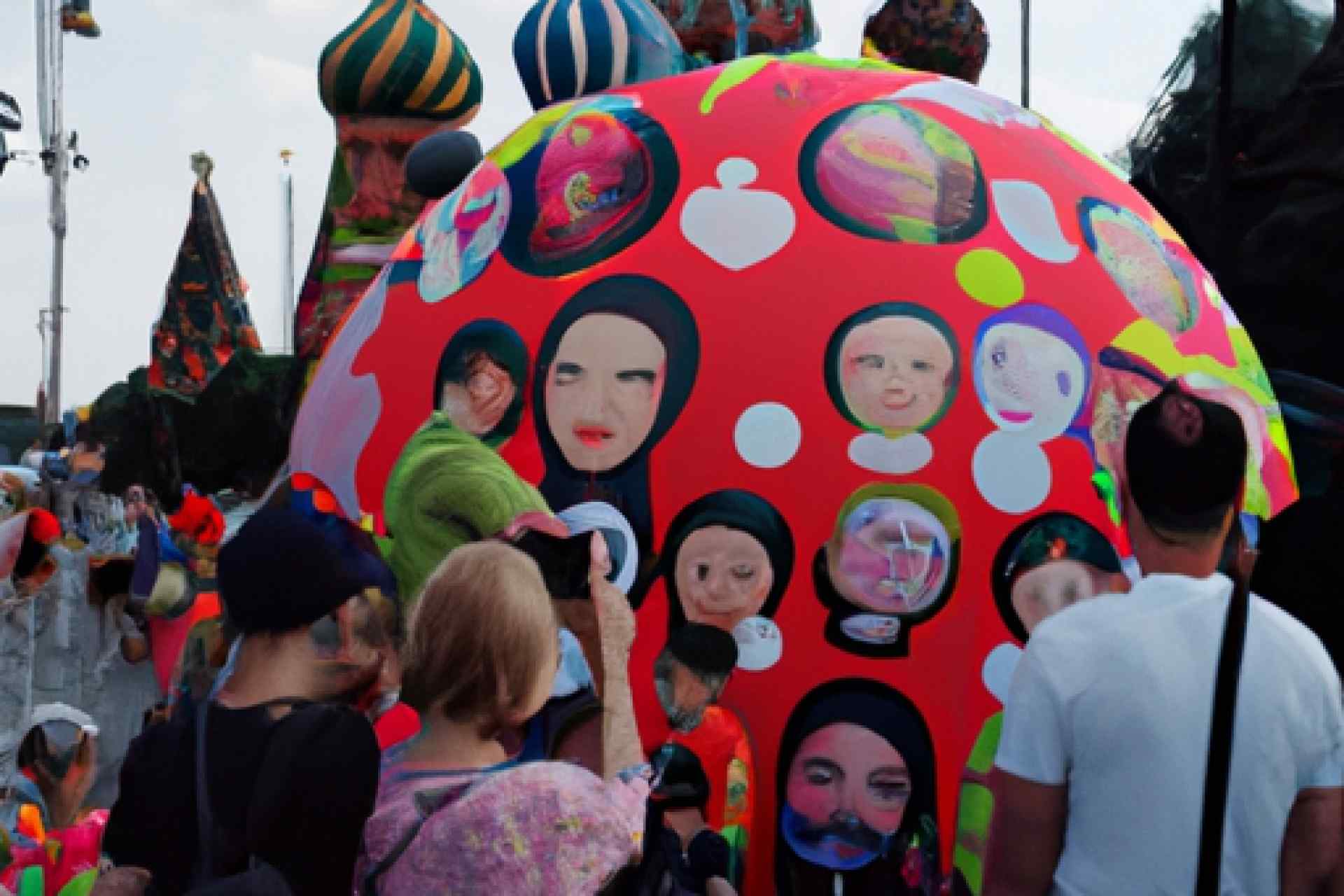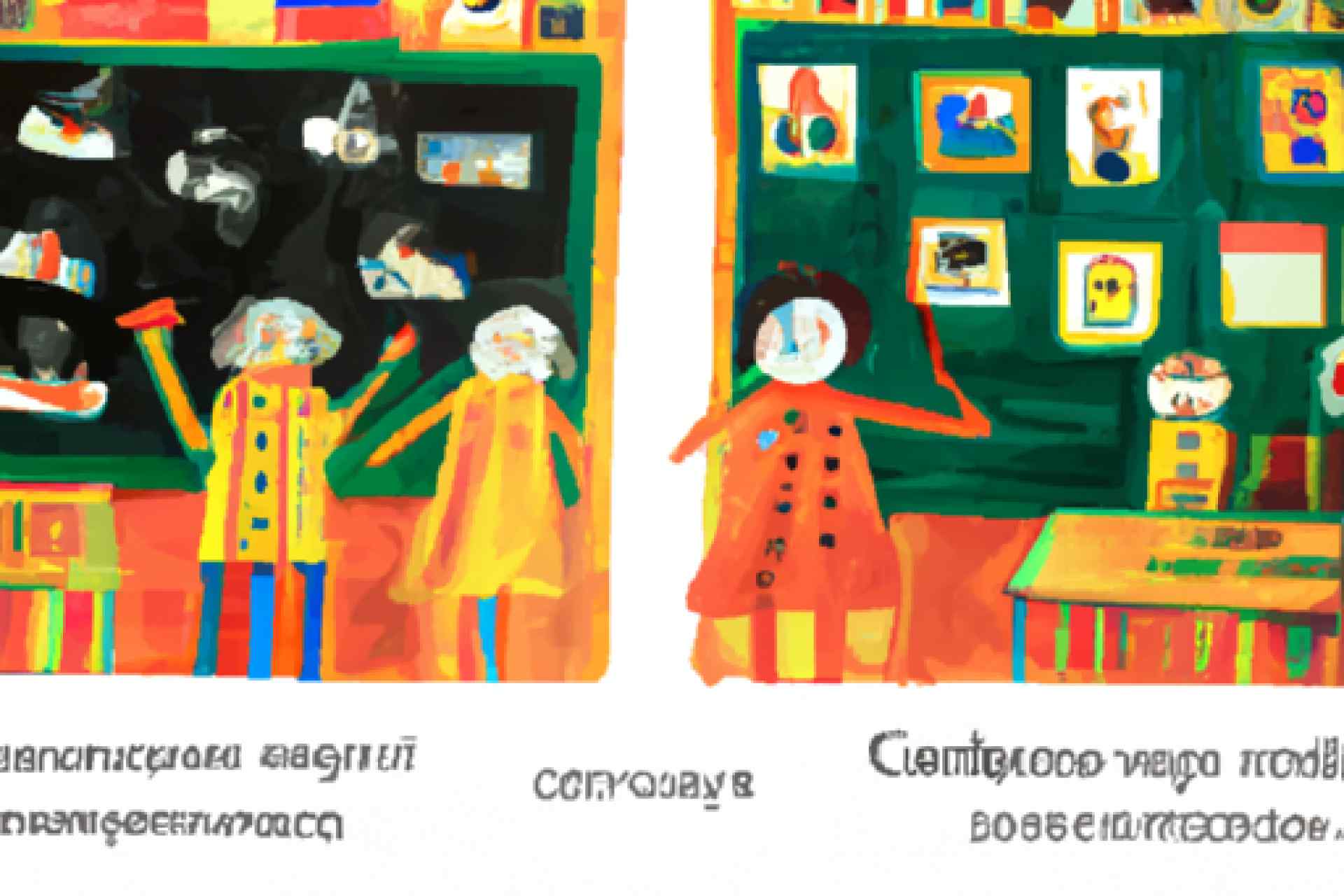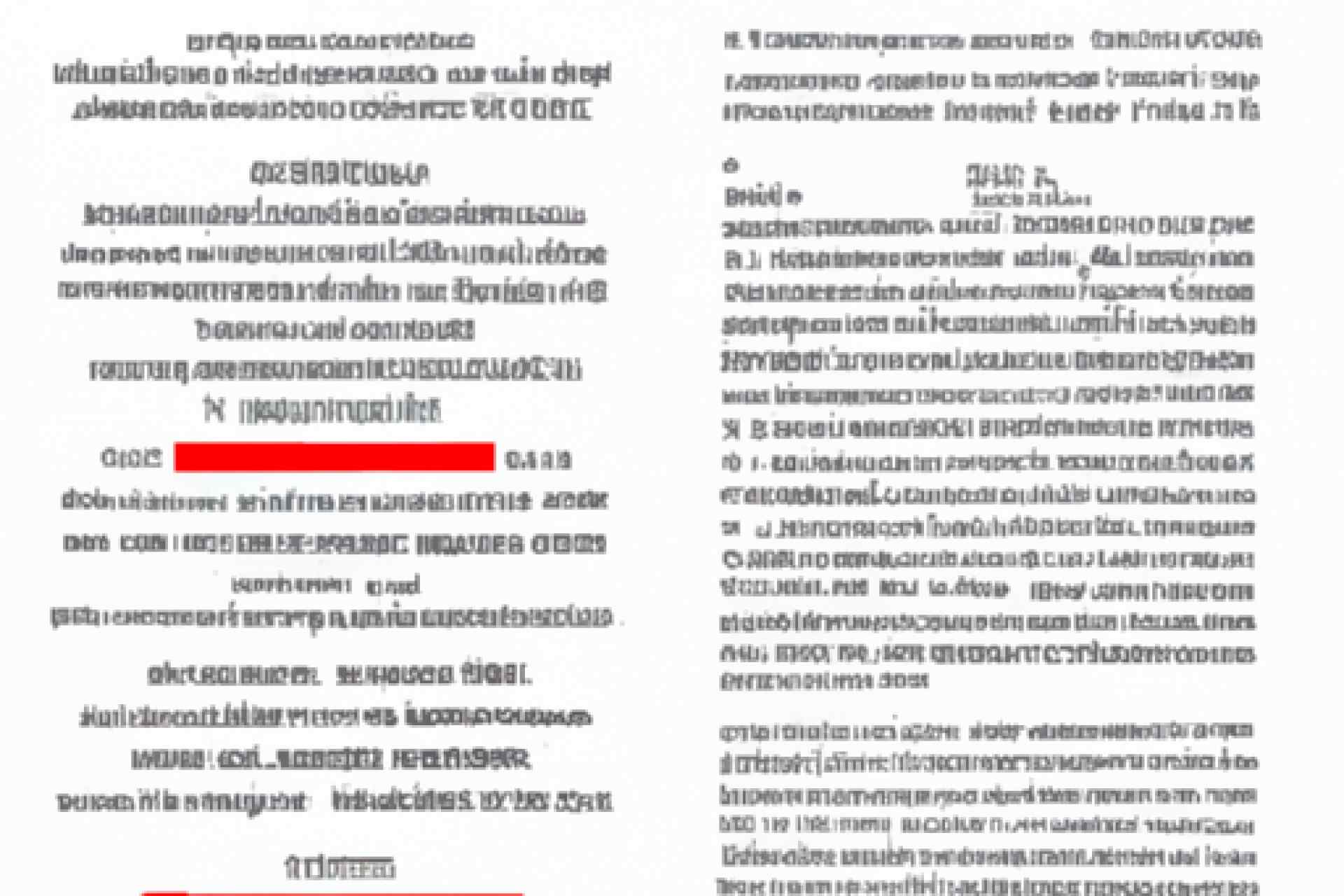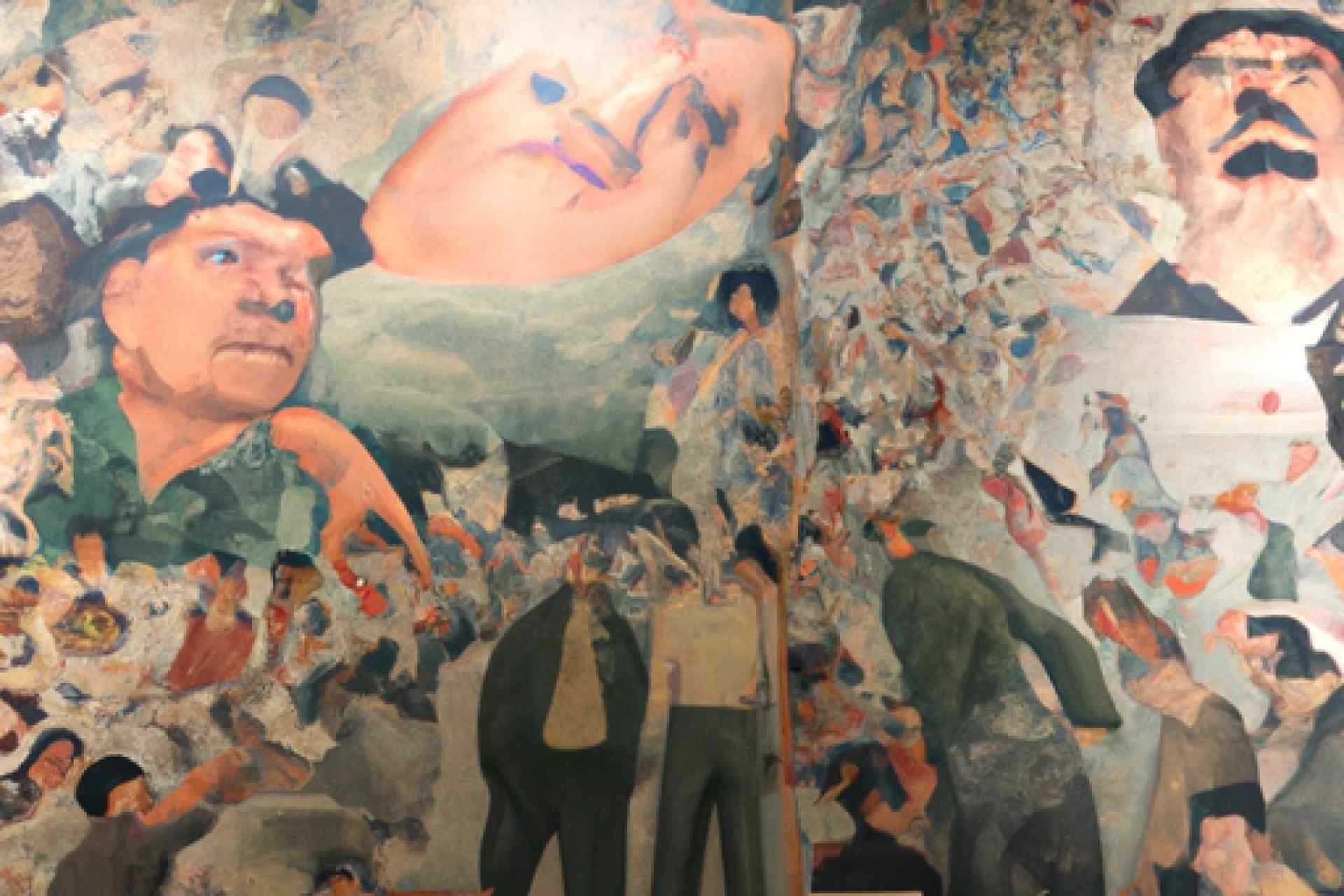俄罗斯国籍英文怎么写?
发布:2023-04-11 14:05:23 分类:留学知识 点击:1000 作者:管理员
Russian Nationality - How to Write in English
As people become more globally aware, learning different languages has become an essential skill. English has become a universal language, spoken by billions of people worldwide. With English as the lingua franca of international communication, it is not uncommon for people to have their names or nationalities translated into English. One question that often arises is, "how do you write Russian nationality in English?" This article will address this question and provide some context on how nationalities are written in English.
First of all, it is important to understand that the English language has evolved over centuries and has been influenced by the many cultures and languages with which it has come into contact. The English language has taken words and expressions from Latin, Greek, French, German, and other languages. Similarly, the names of countries, nationalities, and languages have also been adapted to fit into the English language.
The adjective form of “Russia” is “Russian”. Therefore, someone from Russia is known as a Russian, and their nationality is Russian. The Russian language uses the Cyrillic alphabet, which is different from the Latin alphabet used in English. Therefore, when writing Russian nationalities in English, it is necessary to transliterate the Cyrillic alphabet into the Latin alphabet.
Transliteration is the process of converting the characters of one language into the characters of another language. There are several different methods of transliteration, and each has its own set of rules. One of the most widely recognized and used methods of transliteration is the ISO 9 system, which was developed by the International Organization for Standardization (ISO) in 1995. The ISO 9 system is used to transliterate Cyrillic characters into Latin characters and provides a standardized way of writing Russian names and nationalities in English.
According to the ISO 9 system, the Russian word for "nationality" is "natsional'nost" (национальность) and can be transliterated as "natsional'nost" or "natsional'nost'" depending on personal preference. The word "Russian" in Cyrillic is "русский," which can be transliterated as "russkii" or "ruskiy" depending on the transliteration system being used. However, the widely used ISO 9 system transliterates "русский" as "russkij".
Therefore, when writing Russian nationality in English according to the ISO 9 transliteration system, it is written as "Russian" for the nationality and "russkij" for the adjective form. For example, "Ivan is a Russian national," or "Katya is proud of her Russian heritage."
It is important to note that nationalities are usually capitalized in English. For instance, "Russian" is capitalized, just as "American" or "Chinese" would be. Moreover, when referring to an individual in English, it is typical to use their full name preceded by their title. For example, "Mr. Ivanov is a Russian businessman," or "Dr. Petrova is a Russian scientist."
In conclusion, writing Russian nationality in English according to the ISO 9 transliteration system is not complicated. It is written as "Russian" for the nationality and "russkij" for the adjective form. Remember that nationalities are usually capitalized in English, and when referring to an individual, their full name preceded by their title should be used. Hopefully, this article has provided some clarity on how to write Russian nationality in English and has been helpful to those seeking to communicate in English.



















